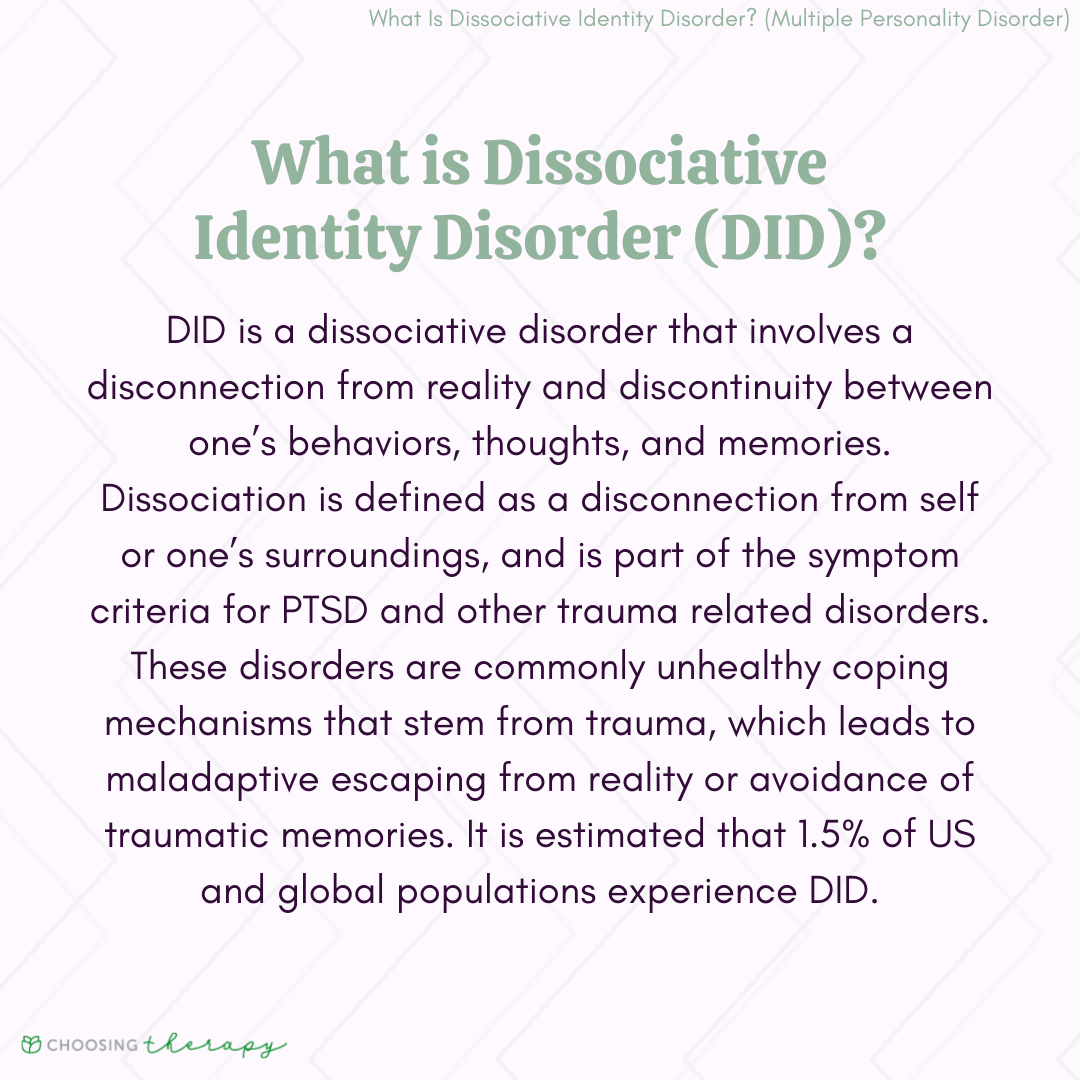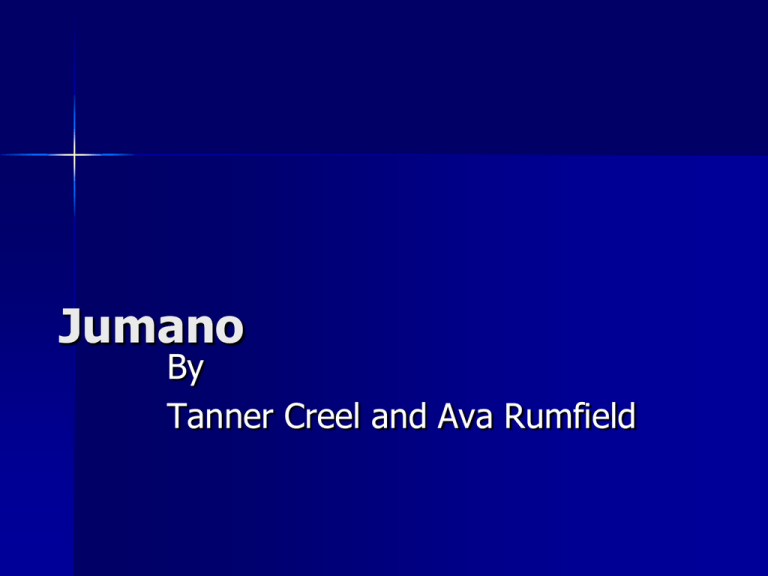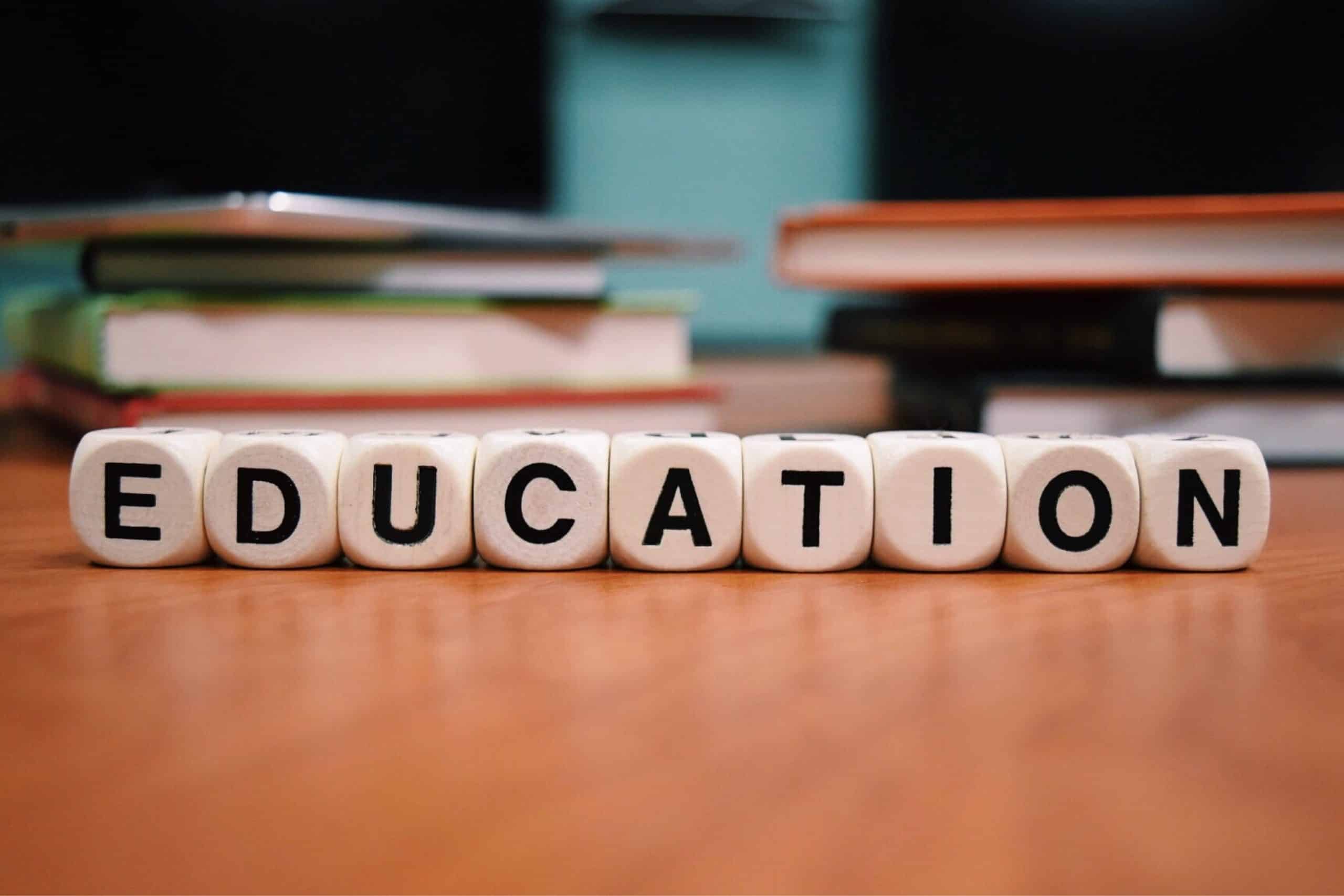The Lasting Impact of Western Education on Colonial Societies
Introduction
Western education, imposed through colonial rule, has had a profound and lasting impact on societies across Africa, Asia, the Middle East, and beyond. Its influence has shaped economies, governance, cultural identities, and social hierarchies. Understanding these effects is crucial for educators, policymakers, and individuals seeking to navigate or reform contemporary education systems. This article explores the multifaceted consequences of Western education in colonial contexts, provides real-world examples, and offers guidance on accessing local and global educational resources.

Source: slideserve.com
The Foundations of Colonial Education
Colonial administrators and missionaries introduced Western education as a tool to control and transform colonized societies. The stated goal was to “civilize” local populations and prepare them for subordinate roles within colonial economies [1] . Missionary schools prioritized religious conversion and the inculcation of Western values, while colonial administrators used education to train a small elite to assist in governance and administration [1] . The curriculum typically emphasized European history, language, and science, sidelining indigenous knowledge, culture, and languages.
Practical Steps for Further Research
If you want to learn how these systems were established in your region, consider:
- Visiting national archives or university libraries for colonial-era education records.
- Contacting local museums or historical societies specializing in colonial history.
- Searching academic databases using terms like “colonial education policy” and the name of your country or region.
Socioeconomic Stratification and the Rise of a New Elite
Western education often reinforced colonial hierarchies, privileging those who adopted European languages and values. Access to schools was limited, often reserved for the children of local elites or those deemed useful to colonial administration [5] . This led to the creation of a small, Western-educated class with greater economic and social mobility, while the majority remained marginalized.
Upon independence, many former colonies sought to expand access to education, nationalize foreign-run schools, and reform curricula to better reflect local needs [4] . However, the legacy of social stratification persists, with Western degrees or English/French proficiency often still linked to higher earning potential and career advancement [3] .
How to Access Opportunities Today
For those seeking socioeconomic advancement through education:
- Consider applying to both local universities and international programs; many countries now offer scholarships for students from former colonies.
- To find scholarships, search government education ministry websites or international organizations such as UNESCO (search for their official website and country-specific scholarship programs).
- Explore language learning resources-proficiency in a global language can open doors, but local language and cultural knowledge are increasingly valued.
Cultural Identity and the Suppression of Indigenous Knowledge
Western education often devalued or replaced indigenous languages, histories, and traditions. Local knowledge systems were marginalized, and in some cases, actively suppressed [1] . This resulted in a loss of cultural identity for many communities, as generations grew up with limited exposure to their own heritage.
However, this process also sparked resistance. Post-independence movements in many countries have sought to “decolonize” education by integrating local history, culture, and values into national curricula [3] .
Practical Steps: Reclaiming Cultural Knowledge
To participate in or support decolonization efforts in education:
- Advocate for the inclusion of local languages and history in school curricula through engagement with school boards or education ministries.
- Support or volunteer with organizations working to preserve and teach indigenous knowledge.
- Search for online resources and community programs dedicated to cultural preservation (e.g., local heritage foundations, university outreach programs).
Economic Impact and Global Aspirations
Western education has been marketed as a pathway to economic success. In many countries, a degree from a Western institution-or even a local school modeled on Western standards-is associated with better job prospects and higher salaries [3] . This perception drives families to invest heavily in Western education, sometimes at the expense of equally valuable local alternatives.
Yet, this approach can lead to challenges such as brain drain, where the most educated individuals leave for opportunities abroad, depriving local economies of talent. At the same time, many countries have responded by investing in their own educational systems and promoting local success stories.
Actionable Guidance for Students and Professionals
If you are considering studying abroad or at home:

Source: ancientsocieties.net
- Research the employment outcomes of graduates from both local and foreign institutions.
- Consult official labor statistics and alumni networks for real-world data (use your country’s ministry of labor or higher education websites).
- Consider hybrid options such as international exchange programs or online degrees from accredited universities.
Reforming Education: Decolonization and Inclusivity
In response to the dominance of Western perspectives, education reformers advocate for decolonizing curricula and embracing more inclusive teaching methods [3] . This includes integrating local histories, values, and languages, as well as developing global education metrics that recognize diverse ways of learning.
Countries such as Egypt, Iraq, and Jordan have implemented sweeping reforms, including nationalizing private schools, making primary education free and compulsory, and promoting broader access at all levels [4] . However, aligning education with the needs of modern economies and social justice remains a complex challenge.
Practical Steps for Engaging with Education Reform
To support or initiate education reform in your community:
- Engage with local education policymakers, teachers’ unions, and parent associations to discuss curriculum changes.
- Participate in public forums or social media campaigns advocating for inclusive and culturally relevant education.
- Stay informed about global education initiatives by following organizations like UNESCO and the World Bank (search for their official webpages and education reports).
Challenges and Alternative Approaches
Reforming educational systems shaped by colonial legacies is not without obstacles. These include limited funding, entrenched social attitudes, and the ongoing prestige of Western qualifications. Solutions may involve:
- Investing in teacher training and infrastructure for local schools.
- Promoting media that represent local cultures and achievements.
- Encouraging open public discourse about the impact of colonialism and education.
If you face barriers in accessing education or changing curricula, consider alternative education pathways such as community learning centers, vocational training, or online courses offered by reputable institutions. Always verify the accreditation and recognition of any program before enrolling.
Key Takeaways and Next Steps
Western education in colonial societies has been both a source of opportunity and a tool of control. Its legacy includes economic mobility for some, cultural loss for others, and ongoing debates about the value and direction of education. By understanding this complex history, individuals and communities can make informed decisions about their educational journeys and work towards more inclusive, locally relevant systems.
For further research or support, consult your country’s education ministry, local universities, or global organizations such as UNESCO. Use search terms like “decolonizing education,” “indigenous knowledge in schools,” or “education reform in [your country]” to find relevant resources.
References
- Number Analytics (2025). Colonial Education: A Tool of Imperialism.
- Number Analytics (2025). Unpacking Western Education’s Colonial Legacy.
- Enriched Science (2024). The Adoration of Western Education in Eastern Societies: Colonial Legacy and Cultural Influence.
- Britannica (2025). Education – Colonialism, Impact, Legacy.
- Fiveable. Western education – (Honors World History).
MORE FROM oncecoupon.com













